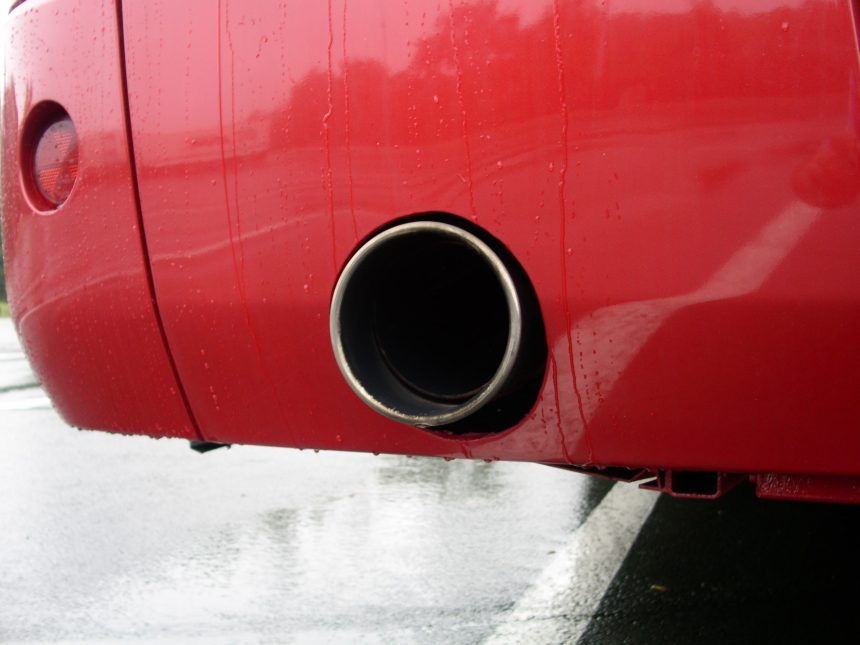The latest manifesto from the Scottish National Party (SNP) proposes a ban on the sale of new diesel buses by 2025, and is another ostensibly well-intentioned initiative that seems disconnected from the current realities faced by bus operators.
That date might require a double-take, considering 2025 is only six months away. Perhaps the SNP sees it as a bold and commendable step to reducing emissions. Perhaps it sees it as an easy win for its own region, given the rapid gains that have been made with the transition of bus fleets to electric operation. Scotland, after all, has a smaller bus fleet to transition than the rest of the UK, and an intense urban belt between Edinburgh and Glasgow, logically, makes a good case for rapid transition.
We’ve heard it all before. Fools rush in where angels fear to tread. Let’s not forget that the practical implications of such a swift transition are troubling, as the Confederation of Passenger Transport has pointed out, especially for smaller and rural bus operators. Isn’t a balanced and supportive approach essential to achieving any sustainable and effective transition to zero-emission vehicles, whether bus, car or HGV? And how much has this decision been balanced against the need to ensure all operators can continue to provide fair and vital services to communities? Does anyone recall when the SNP also declared that the end sale date of petrol and diesel cars had to be delayed last year? Labour has said the earliest it would reinstate that ban would be 2030. Why must diesel buses, according to the SNP, be banned five years sooner?
It is the smaller and independent operators that would suffer here. It’s no secret that commercial operation of zero-emission buses is rare. High purchase costs aren’t the only hindrance; there’s practicality to consider. Anecdotal evidence is aplenty: Passenger Plus recently began operating a fleet of Yutong E10 battery-electrics for a corporate client outside London, and charging there had to be arranged through the client’s own premises, as arrangement through Passenger Plus’ own facilities would have been too highly restrictive. Johnsons Coaches of Henley-in-Arden pulled out of running buses in recent years as it couldn’t see itself being able to shoulder the transition to zero-emission as an independent operator.
When bus is such a political hot topic, any government, at any level, needs to be thinking in terms of logistical hurdles, not merely financial ones, when it starts considering restrictions on procurement.
Moreover, such an ambition seems disjointed from SNP, given the Scottish Government’s recent track record on bus support as it stands. It seems punitive to make a stringent declaration when bus operators have hardly been coddled through recent policy. One operator in particular has been vocal about its “war” with Strathclyde Passenger Transport and the Scottish Government over the issue of franchising. Industry frustration around the lack of clarity and support around the ScotZEB2 is palpable, and the recent decision to pause allocation of funds via the Scottish Bus Partnership Fund is a glaring example of inconsistent support. The BPF was intended to facilitate bus priority projects that deliver both social and economic benefits. The fact it could not utilise more than a fraction of allocated funds is a striking example of progress towards improving bus services being undermined; is any party manifesto in a place to start restricting an industry that does not receive consistent support?
Ambitions to reduce tailpipe emissions within bus will almost always win out on the moral spectrum, because tailpipe emissions will be bad no matter what they come from or who breathes them in. But that argument, while the votes of motorists continue to sway policy makers, will always be countered by the axiom that buses already do their part to reduce emissions by taking cars off the road. Why make it harder for an industry that is doing its part to fix the social plague of a car-based society? Schemes like the BPF could, if supported correctly, affirm recognition of the good work bus does no matter what drivetrain is in the vehicle, and could do much to support smaller operators that are essential to maintaining connectivity in corners where the larger groups can’t fit. Government has much to do to support the groundwork of making bus a success through planning and infrastructure. Operators needn’t be told that this nurtures profit and growth, whether it is a private business or franchised one that operates the vehicles, and those coveted improvements in air quality will naturally follow.
A transition to zero-emission transport should be carried out in a manner that is realistic and just. That means necessary infrastructure, adequate financial support, and a consistent and transparent approach to funding initiatives.




























